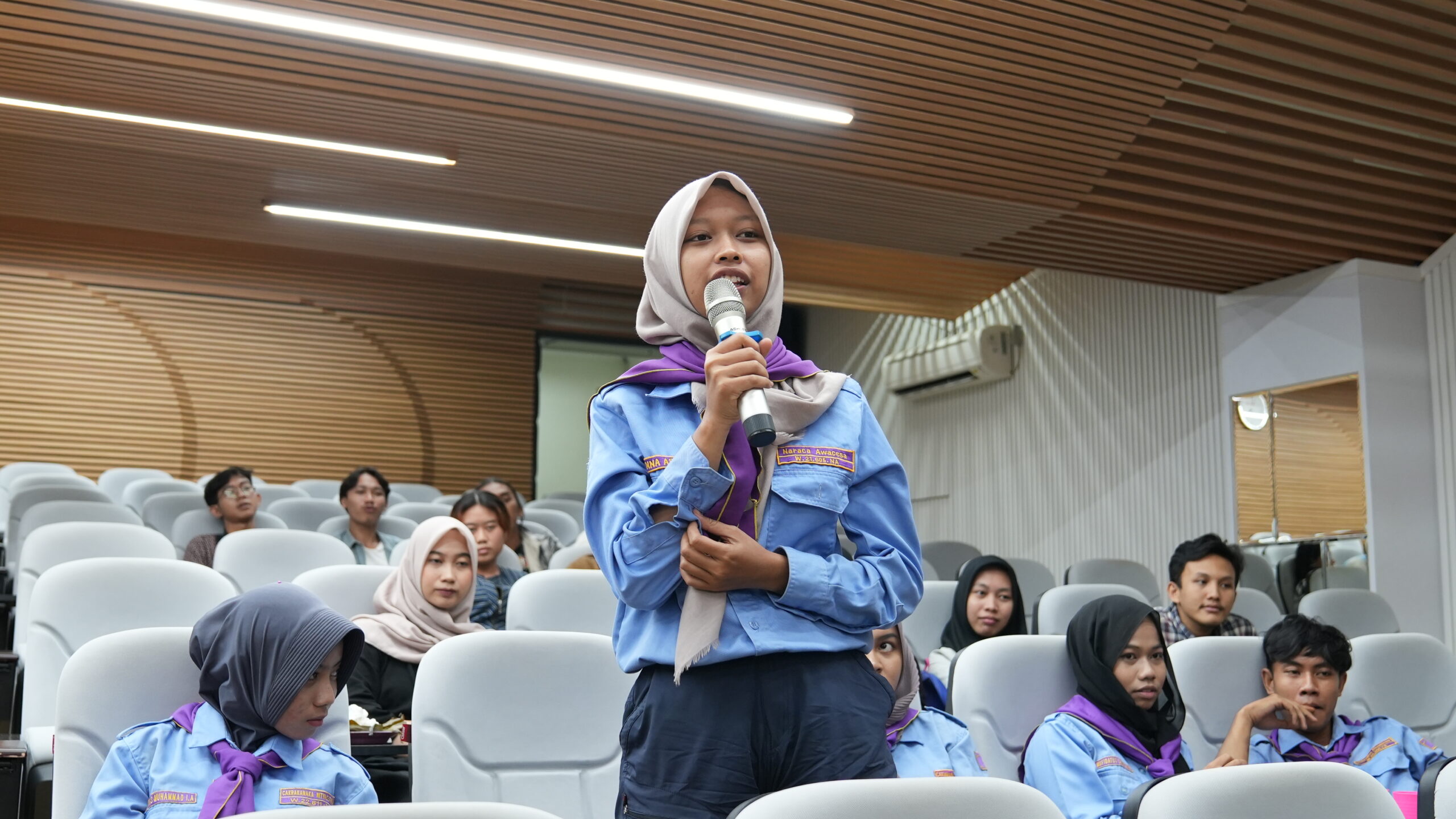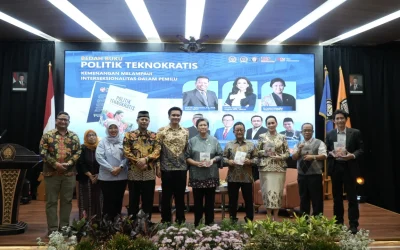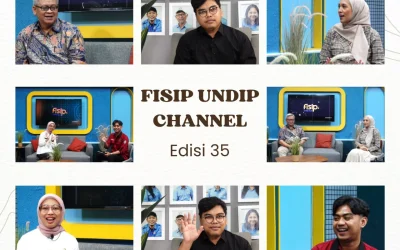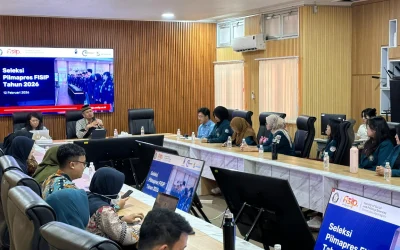In an effort to raise awareness of sustainable lifestyles and waste reduction, the Indonesian Forum for the Environment (Wahana Lingkungan Hidup Indonesia – WALHI) Central Java collaborated with the Department of International Relations of Faculty of Social and Political Sciences and the Trans Organized Crime Laboratory (ToC) of Universitas Diponegoro to hold a discussion and screening of the short film ‘Towards Zero Waste’ on Wednesday, January 24, 2024. This event was organized as part of a series of pre-events leading up to the commemoration of International Zero Waste Day on March 30, 2024. Approximately 70 participants from various communities and environmental activists in the Central Java region attended this forum.

The event which was held in the Theater Room of FISIP Undip was opened by the Dean of FISIP Dr. Drs. Teguh Yuwono, M. Pol. Admin. In his remarks, he expressed his enthusiasm and hope to be able to pursue the zero waste movement on the FISIP campus and its integration in the realization of FISIP as a Healthy Campus. This is related to FISIP Undip’s efforts which have also provided waste disposal bins based on their type throughout the FISIP Undip area. Furthermore, as the dean of FISIP UNDIP, he emphasized the importance of interactive discussions between practitioners, academics and students regarding environmental issues, Sustainable Development Goals (SDG’s) and their derivative issues such as regional policies, and community advocacy movements. In addition, FISIP UNDIP supports the initiation of activism movements related to environmental issues and climate change for the academic community.
Furthermore, the event continued by watching together the short film “Towards Zero Waste”, a short film produced by Walhi Central Java together with several NGOs and Mapala in the Central Java region. The documentary presents the condition of Jatibarang Semarang landfill and Putri Cempo landfill which are experiencing excessive waste accumulation. In addition, it also illustrates how the Waste Power Plant (PLTSa) is still used as a solution to the management of mounting waste.

After the screening of the film, lasting approximately 12 minutes, a discussion ensued with three panelists: Prof. Dr. Dra. Hartuti Purnaweni, MPA (Faculty Member of FISIP Undip), Glory Nasarani from the Environmental Agency (DLH) of Semarang City, and Nur Colis, a member of WALHI Central Java. The issue of waste accumulation beyond the landfill capacity and the continued use of open dumping methods in almost all landfills in Central Java has become a serious concern, including the Jatibarang Landfill located in Semarang City. The Jatibarang Landfill covers an area of 45 hectares, with a remarkably high waste production exceeding 1000 tons per day. This is compounded by the continued use of the collect-transport-dispose method, or end-of-pipe method, in the waste management system in Indonesia.

The next session involved a one-hour discussion with the panelists, focusing on the topic of the zero waste lifestyle, emphasizing efforts to reduce, reuse, and recycle in waste management. Moreover, the interactive discussion with the participants also delved into broader topics concerning the roles of academics, community institutions, government, media, and businesses, all encapsulated within the concept of the pentahelix cooperation, in their efforts to minimize waste production.





0 Comments